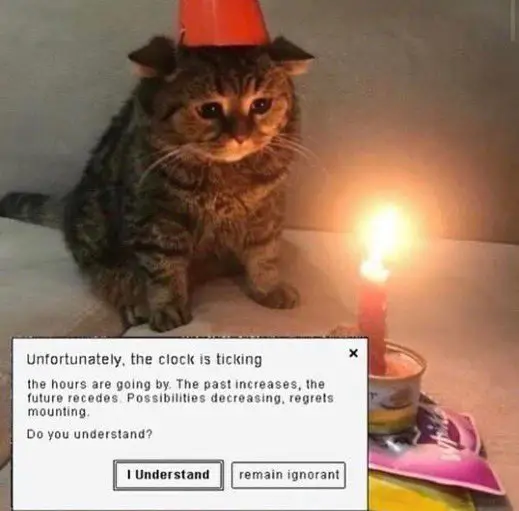Finite and Infinite Games and Gaming Impotence
Introduction
To clarify my feelings of electronic impotence or lack of interest, I recalled a book recommendation, “Finite and Infinite Games,” which discusses two game concepts that help in understanding the “perspective of games.”
Analyzing Gaming Impotence
Gaming Impotence is a new term that primarily describes or self-mocks the phenomenon of losing the passion for playing video games, a phenomenon that also appears in myself and many who have grown up. If I had to summarize growing up in one sentence, it would be:
Unfortunately, the clock is ticking, the hours are going by. The past increases, the future recedes. Possibilities decreasing, regrets mounting. - Haruki Murakami

Finite Games
This sense of powerlessness comes from many factors, such as realizing that life is a “finite game,” with a clear beginning, end, and rules, where participants must win to gain… Resources are limited, and winning or losing is essential, after all, the more power one fights for in society, the better one can survive.
- Rigid Rules: Rules are set by external sources, and participants must obey by them; otherwise, they lose their eligibility to win. There are clear time, space, and participant limits, such as in a football match or chess game.
- Clear Win/Loss: The game ends with a declaration of victory or defeat; the winner receives honor and resources, while the loser falls behind.
- Requires an Audience: Finite games are dramatic and need an audience to witness the victory; otherwise, their meaning is diminished.
Infinite Games
The reason why the video games played in childhood were interesting is that they are viewed as “infinite games,” with unlimited power to create possibilities, allowing for the reshaping of rules and boundaries without any specific purpose.
- No Fixed Rules: Participants negotiate collaboratively and can adjust during the process, focusing on “how to play,” rather than “who wins or loses.” There are neither fixed time limits nor space restrictions; anyone willing can join or exit at any time, such as in art appreciation or garden maintenance.
- No Winning or Losing: There is no ultimate winner or loser; all participation is just a moment in the continuation of the game.
- Self-Sufficient Motivation: Participation does not require external spectators; the motivation comes from an internal love for the game itself and the creation of possibilities.
Causes of Gameing Impotence
As soon as one engages in the well-regulated finite game dictated by social norms, then any behavior outside these game regulations is deemed a loser, which is also a reason for Gaming impotence.
The expectation to re-enter the world of infinite games like before requires fundamentally recognizing that defining boundaries for games (collecting the best item, writing the best articles, obtaining the most impressive titles) is an act of converting infinite games into finite ones, inevitably placing oneself within the framework of “must win to be valid.”
Once one feels unable to compete with opponents, or there are no new records to chase, or no audience cares, feelings of depletion and fatigue arise, which is essentially “Gaming impotence.”